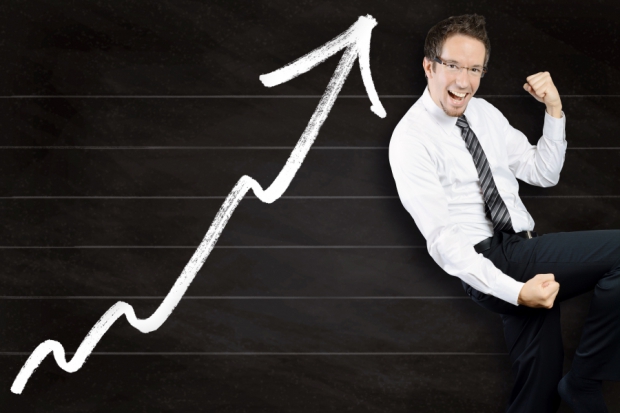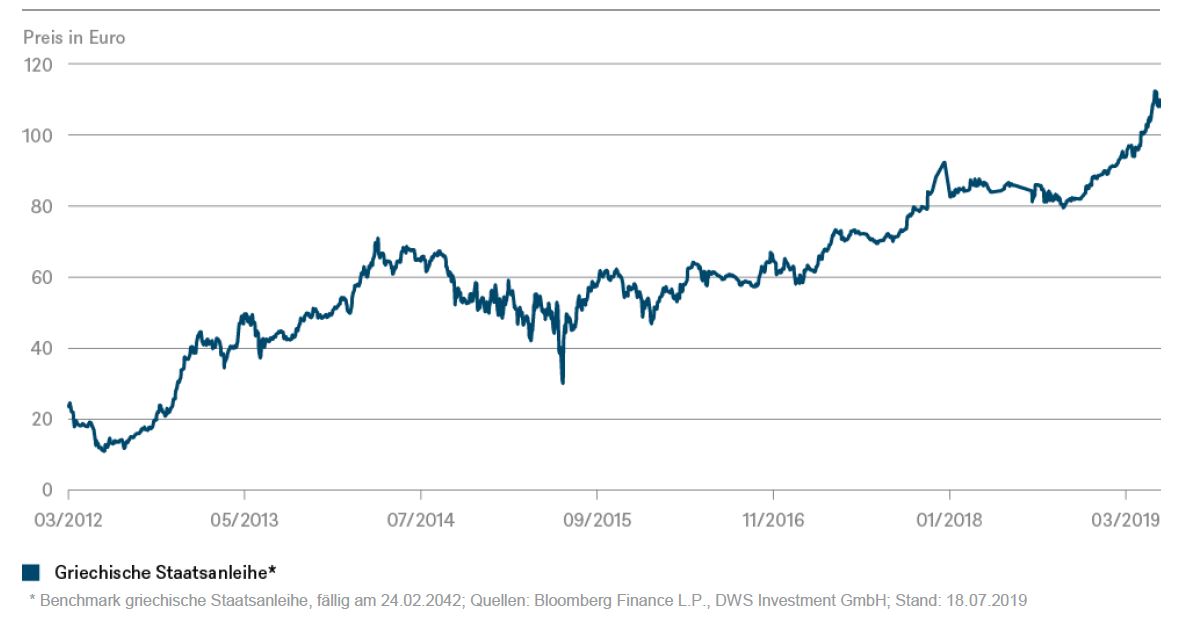Drop
“I have been getting calls from around the world looking to buy
Venezuela and PDVSA bonds at these prices,” said Russ Dallen, m
anaging partner at the Miami-based brokerage Caracas Capital.
<< Caracas 58-212-335-1906 Miami 305-735-8280 London 0207-993-4557 >>
Hedge Funds Buy Up Venezuela’s Sanctioned Debt After Record Drop
2019-07-24 13:54:20.390 GMT
By Ben Bartenstein
(Bloomberg) -- London hedge funds, a private bank in Monaco
and Uruguayan millionaires are among the bargain hunters bidding
on Venezuelan bonds as some investors dump the debt to mirror
its reduced index weight.
Funds from Europe and Latin America are swooping in amid
rules that prevent Americans from buying the notes, according to
brokers involved in the trades who asked not to be identified
because they’re prohibited from discussing clients’ activity.
With demand limited to overseas entities, prices for the
defaulted debt have dropped to about 15 cents on the dollar from
double that just months ago.
While the market for debt from the sovereign and state oil
company Petroleos de Venezuela had been all-but-dead the past
few months as investors waited to see how the country’s
political crisis played out, trading has surged in recent weeks
as JPMorgan Chase & Co. signaled it would reduce the nation’s
weight in its widely followed bond indexes to zero. PDVSA bonds
are set for their busiest month of trading since April,
according to Trace, Finra’s price reporting system.
JPMorgan’s decision has forced some funds with mandates to
track the benchmark indexes to sell to offshore firms because
sanctions by the Trump administration prohibit U.S. investors
from buying. Buyers are speculating the securities will be worth
far more than where they currently trade if and when a new
government takes over and formulates a restructuring plan.
“I have been getting calls from around the world looking to
buy Venezuela and PDVSA bonds at these prices,” said Russ
Dallen, managing partner at the Miami-based brokerage Caracas
Capital.
Back in March, when most bonds were still quoted around 30
cents on the dollar, bankers from Wall Street to Caracas scoffed
at bids from Dubai-based Cravos Investments Limited and Taunus
Capital Management AG in Frankfurt for as low as 13 cents. But
after additional sanctions, an attempted uprising and political
negotiations failed to bring Nicolas Maduro’s government to an
end, many of the notes are now changing hands at those levels.
Brokers involved in the trades asked not to name their
clients so as not to damage future business with them.
Regulatory filings offer additional clues that U.S.
investors have unloaded some Venezuelan debt. Funds managed by
Goldman Sachs Group Inc., Vanguard Group Inc., Lazard Ltd. and
Frank Russell Co. were among those to trim their holdings in
recent months, according to data compiled by Bloomberg.
Meanwhile, buyers include Copenhagen-based BankInvest Group,
Raiffeisen Kapitalanlage-GmbH in Vienna and Meriden Group’s
Andorra-registered Russian Combined Fund.
With all but one of Venezuela’s bonds in default,
bondholders probably won’t cash in anytime soon. Therefore, the
bet is that an arduous restructuring process, which some
investors have warned could be uglier than Argentina’s 15-year
court battle, will eventually result in a pay day when the
nation’s oil production recovers to past levels.
To contact the reporter on this story:
Ben Bartenstein in New York at bbartenstei3@bloomberg.net
To contact the editors responsible for this story:
Julia Leite at jleite3@bloomberg.net;
David Papadopoulos at papadopoulos@bloomberg.net
Brendan Walsh
2019-07-24 13:54:20.390 GMT
By Ben Bartenstein
(Bloomberg) -- London hedge funds, a private bank in Monaco
and Uruguayan millionaires are among the bargain hunters bidding
on Venezuelan bonds as some investors dump the debt to mirror
its reduced index weight.
Funds from Europe and Latin America are swooping in amid
rules that prevent Americans from buying the notes, according to
brokers involved in the trades who asked not to be identified
because they’re prohibited from discussing clients’ activity.
With demand limited to overseas entities, prices for the
defaulted debt have dropped to about 15 cents on the dollar from
double that just months ago.
While the market for debt from the sovereign and state oil
company Petroleos de Venezuela had been all-but-dead the past
few months as investors waited to see how the country’s
political crisis played out, trading has surged in recent weeks
as JPMorgan Chase & Co. signaled it would reduce the nation’s
weight in its widely followed bond indexes to zero. PDVSA bonds
are set for their busiest month of trading since April,
according to Trace, Finra’s price reporting system.
JPMorgan’s decision has forced some funds with mandates to
track the benchmark indexes to sell to offshore firms because
sanctions by the Trump administration prohibit U.S. investors
from buying. Buyers are speculating the securities will be worth
far more than where they currently trade if and when a new
government takes over and formulates a restructuring plan.
“I have been getting calls from around the world looking to
buy Venezuela and PDVSA bonds at these prices,” said Russ
Dallen, managing partner at the Miami-based brokerage Caracas
Capital.
Back in March, when most bonds were still quoted around 30
cents on the dollar, bankers from Wall Street to Caracas scoffed
at bids from Dubai-based Cravos Investments Limited and Taunus
Capital Management AG in Frankfurt for as low as 13 cents. But
after additional sanctions, an attempted uprising and political
negotiations failed to bring Nicolas Maduro’s government to an
end, many of the notes are now changing hands at those levels.
Brokers involved in the trades asked not to name their
clients so as not to damage future business with them.
Regulatory filings offer additional clues that U.S.
investors have unloaded some Venezuelan debt. Funds managed by
Goldman Sachs Group Inc., Vanguard Group Inc., Lazard Ltd. and
Frank Russell Co. were among those to trim their holdings in
recent months, according to data compiled by Bloomberg.
Meanwhile, buyers include Copenhagen-based BankInvest Group,
Raiffeisen Kapitalanlage-GmbH in Vienna and Meriden Group’s
Andorra-registered Russian Combined Fund.
With all but one of Venezuela’s bonds in default,
bondholders probably won’t cash in anytime soon. Therefore, the
bet is that an arduous restructuring process, which some
investors have warned could be uglier than Argentina’s 15-year
court battle, will eventually result in a pay day when the
nation’s oil production recovers to past levels.
To contact the reporter on this story:
Ben Bartenstein in New York at bbartenstei3@bloomberg.net
To contact the editors responsible for this story:
Julia Leite at jleite3@bloomberg.net;
David Papadopoulos at papadopoulos@bloomberg.net
Brendan Walsh











